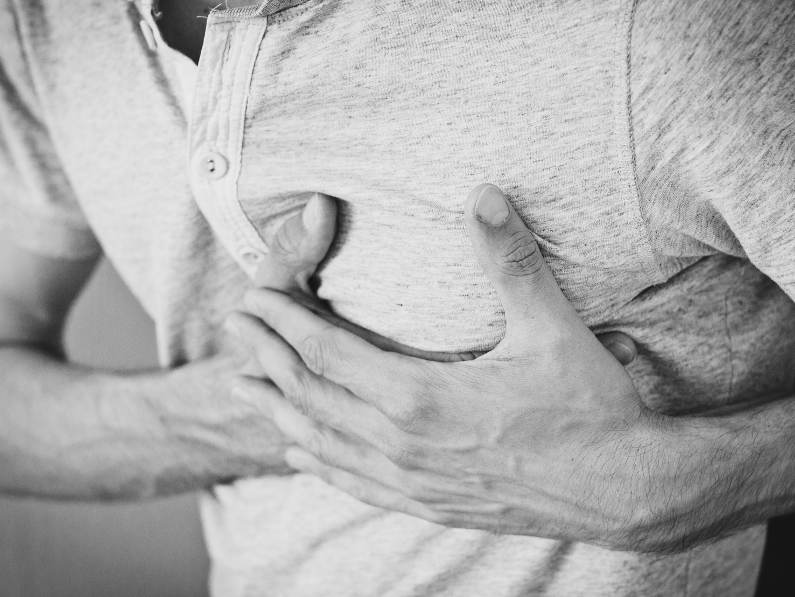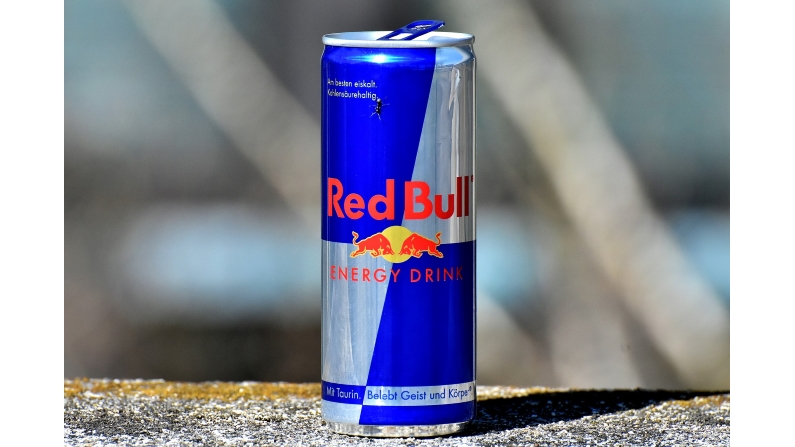In a study published by the Journal of the American Heart Association, people between the ages of 18 and 40 drank 32 ounces of energy drinks over the course of three separate days. The results showed that they had abnormal electrical activity in their hearts. Not only that, four hours later they had higher blood pressure.
This is the largest controlled study of energy drinks. Its also significant because of its demonstration of the effects on the heart and blood pressure in young and healthy people.

The Study on Energy Drinks
People drank 32 ounces of either an energy drink or a placebo, on three separate days. The placebo drink contained lime juice, cherry flavoring, and water.
Scientists then tracked their hearts’ electrical activity using an electrocardiogram, which records how long it takes the heart to generate a beat again. This is called the QTc interval.
The significant part of the study was whether that interval took too short or too long. Either of these could cause the heart to beat abnormally, resulting in a life-threatening arrhythmia.
For those who had energy drinks, the interval was 6 – 7.7 milliseconds higher at four hours, compared to placebo drinkers. And energy drinkers had a rise in systolic blood pressure of 4 – 5 points.
Scientists are now urgently trying to identify which particular ingredient or combination of ingredients could explain these findings.
Caffeine remains a suspected a culprit, although under 400 milligrams should not cause electrocardiographic changes. This is the average consumption in 32 ounces of energy drinks.
The energy drinks in the study also contain B vitamins, taurine, and glucuronolactone.
Energy drinks are everywhere in the markets and widely consumed by teenagers, young adults, and college students. This makes identifying and understanding the impact these drinks have on the heart, paramount. Its even more critical for those with health conditions and for those who don’t regularly consume caffeine.

Limitations
Since people may not drink 32 ounces in a day, the results may not necessarily be translatable.
The other limitation is that scientists only measured heart rhythm and blood pressure over the course of four hours in the study, but not any longer. So we cannot see how people would react over a lengthier period of time.
Still, scientists were able to demonstrate some sort of link between energy drinks and heart complications. So the World Health Organization has made an official statement that “high consumption of energy drinks may pose a danger to public health.”
The Bottom Line
Its not surprising that scientists performed this study, since there has been more than one lawsuit against energy drink companies. The parents of a teenager who went into cardiac arrest after drinking two Monster drinks within 24 hours, has sued. And recently, a California jury acquitted Monster of causing a heart attack in an 18 year old.
Despite the lawsuits, energy drink companies are still skyrocketing in profits – sales were close to $11 billion just last year.
The good news is that some manufacturers are gearing their ingredients toward somewhat healthier components. This means formulating drinks with naturally derived sources, sugar-free options, or no caffeine.
The best way to avoid this type of risk is to limit energy drink consumption altogether, aside from avoiding unnecessary ingredients in some of the beverages. Also, people with underlying congenital syndrome, long QT syndrome, or high blood pressure, are really better off drinking something else.
For more information on the study and on heart health, visit https://www.heart.org/.






